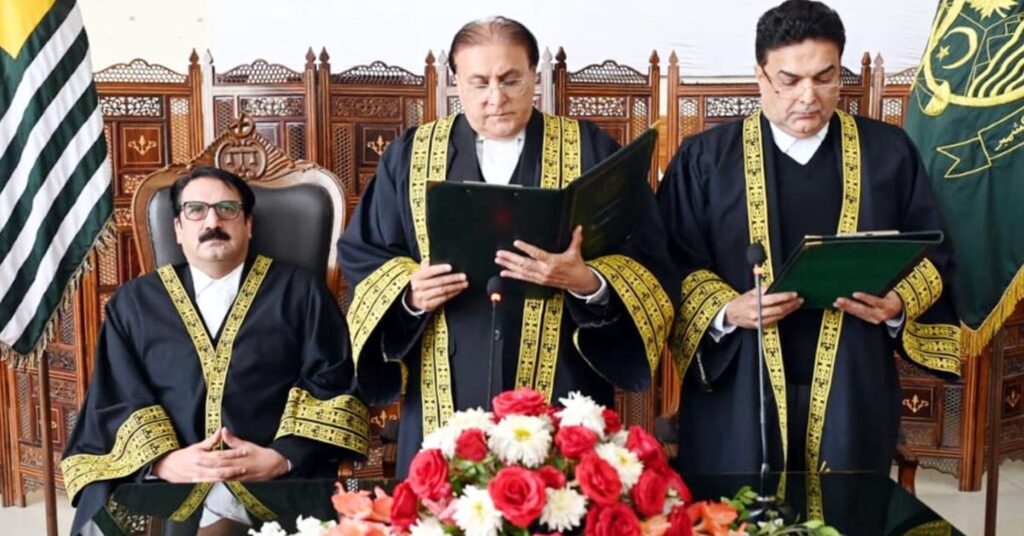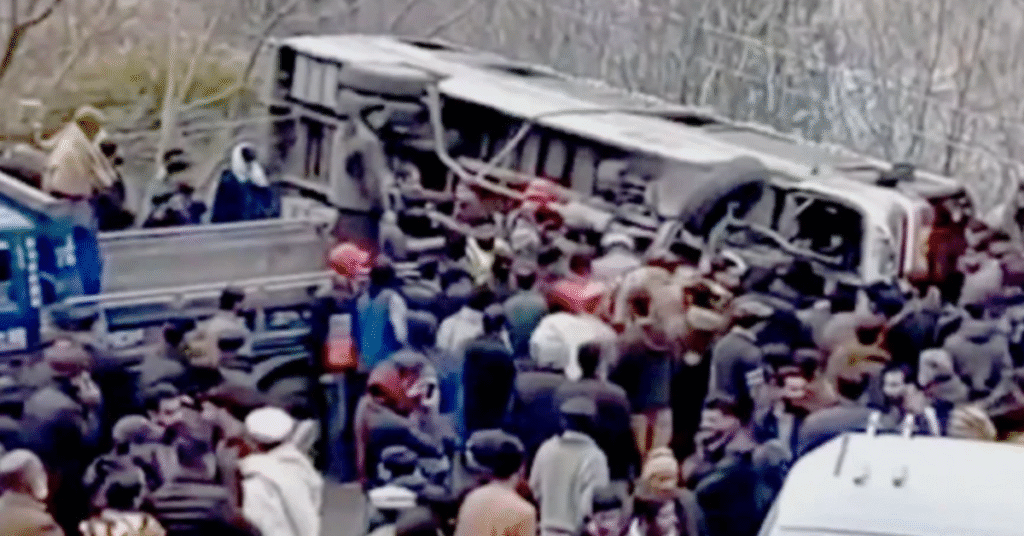ISLAMABAD (Kashmir English): India’s efforts to change the disputed status of Jammu and Kashmir through force and restrictive policies will ultimately fail, according to a report by Kashmir Media Service.
The Indian government’s actions since revoking Article 370 and 35A in August 2019 have led to increased militarization, rights abuses, and demographic changes in the region.
The annual Amarnath pilgrimage has taken on a more militarized tone, with tens of thousands of Indian forces’ personnel creating an atmosphere of occupation and fear among locals.
The Indian media and political narratives have often portrayed the pilgrimage as a symbol of Indian ideological dominance rather than a religious event, fueling local resentment.
The BJP-led Indian government has imposed strict lockdowns, communication blackouts, and laws like AFSPA and PSA to silence political voices.
Occupied Kashmir has over 3,000 political prisoners
Over 3,000 political prisoners, including Hurriyat leadership, are booked under these black laws in different jails. The new Domicile Law allows outsiders to apply for domicile certificates and purchase land, sparking fears of “settler colonialism” among locals.
Independent media and civil society face harassment, with journalists and human rights defenders detained and silenced.
Economic indicators have worsened, with rising unemployment and drinking water shortages. The international community emphasizes the need for meaningful political dialogue and human rights protections to resolve the crisis.
The Kashmiri people continue their peaceful political movement, and the BJP government cannot subdue them through military might.
Lasting peace and stability in the South Asian region are linked to an amicable resolution of the lingering Kashmir dispute, the report concluded.




